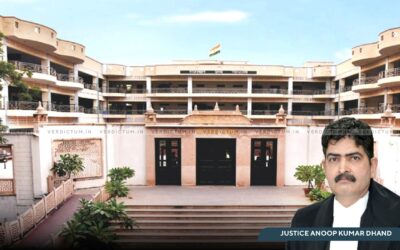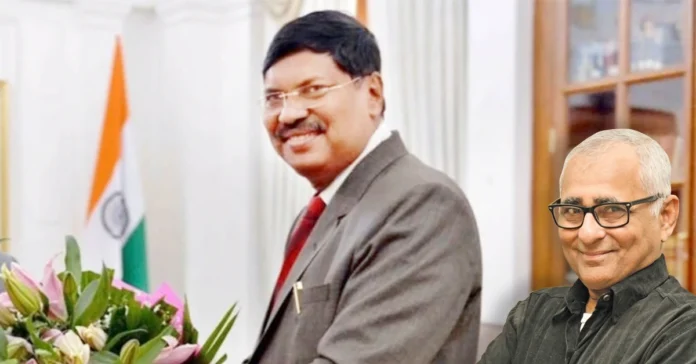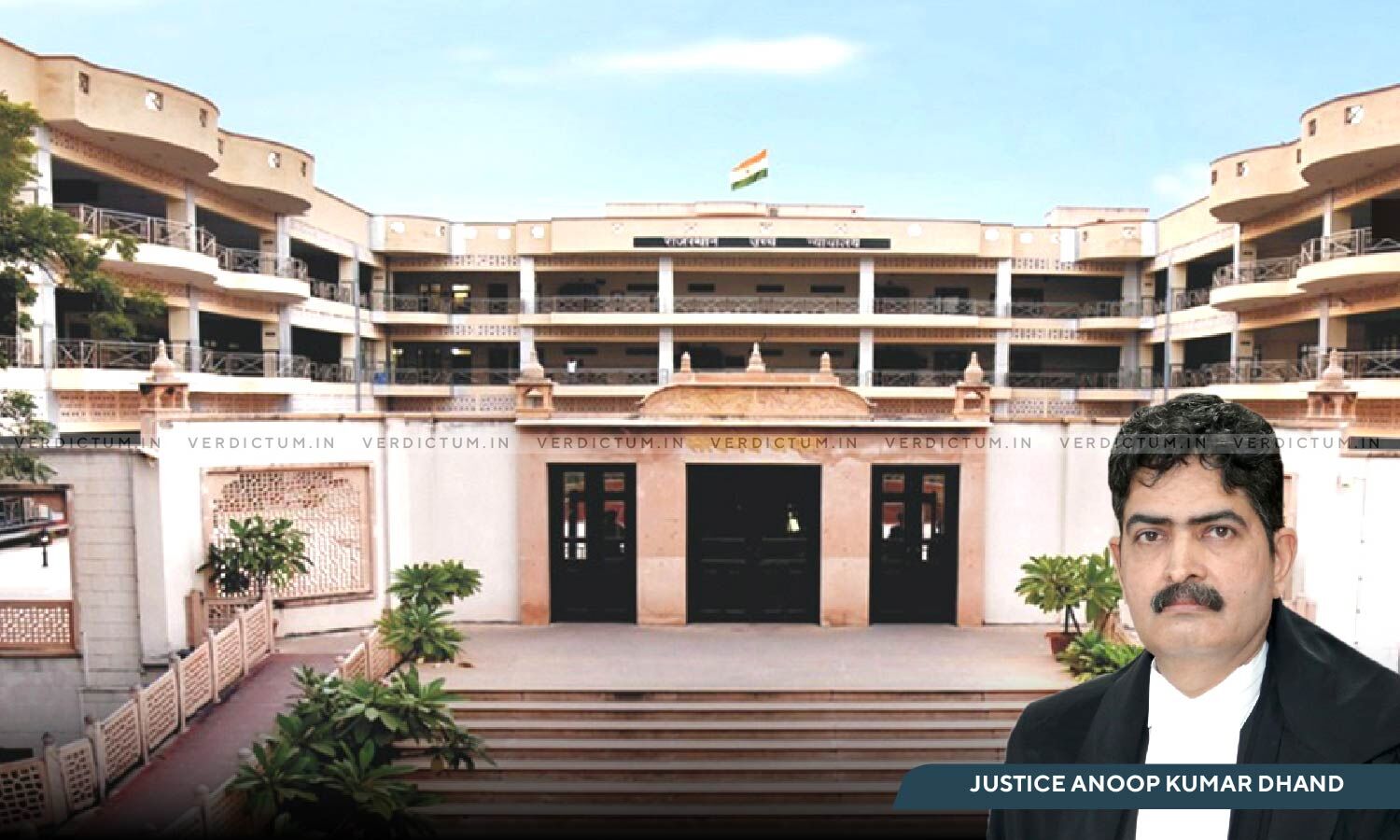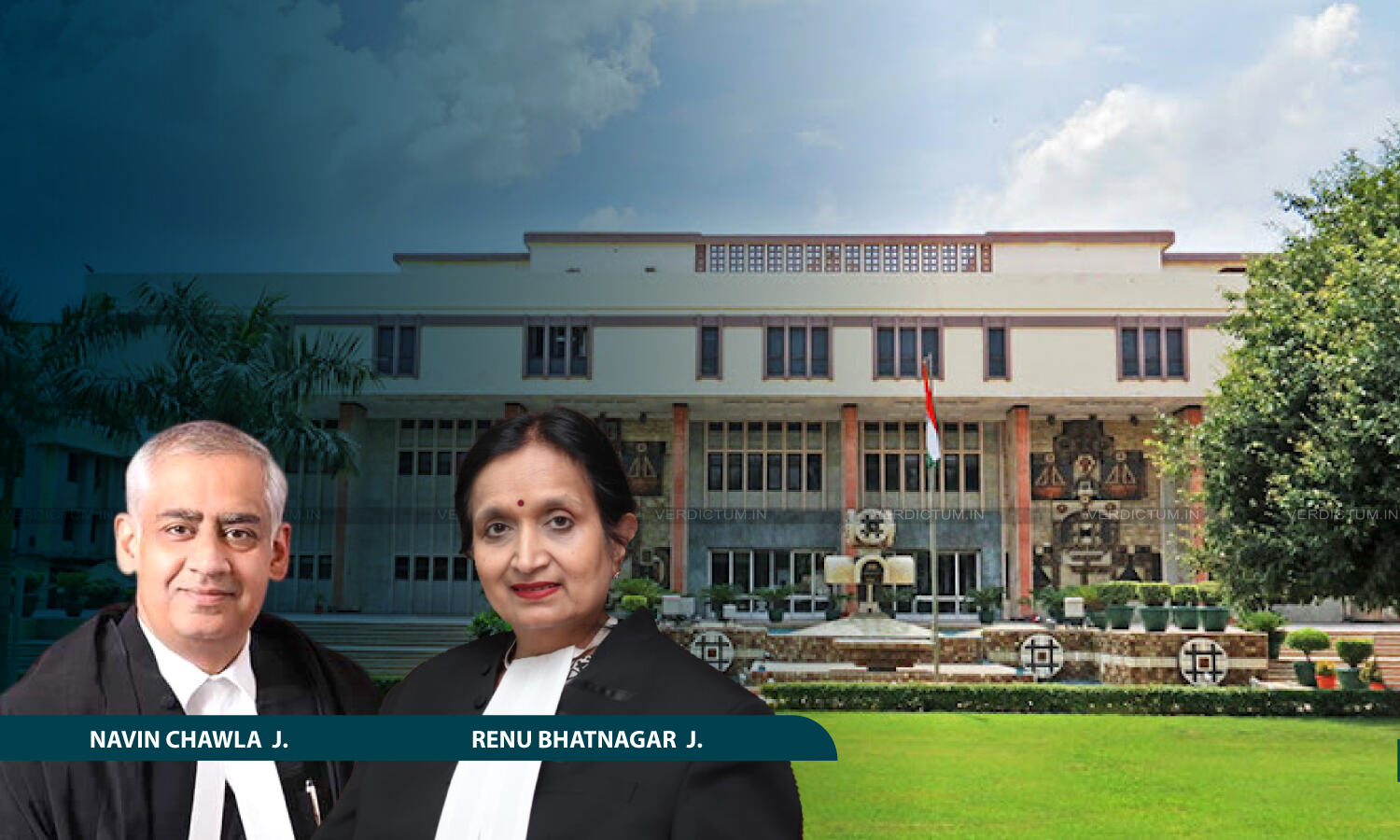Judging The Judge: Why CJI Gavai’s Warning Must Resonate Across The Legal Spectrum
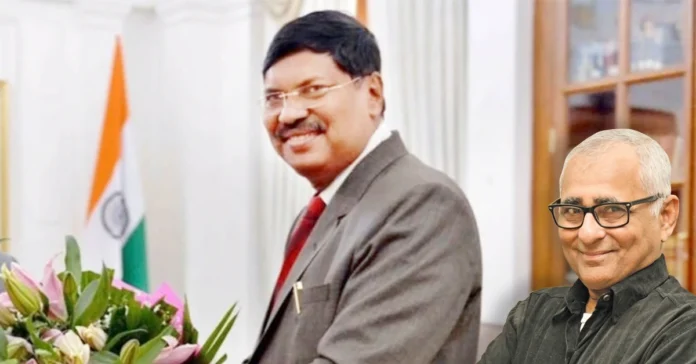
By Inderjit Badhwar
In a moment that may well mark a watershed in India’s constitutional conscience, Chief Justice of India (CJI) BR Gavai has chosen to say the unsaid—and in doing so, has forced open a conversation the judiciary has long tiptoed around: the post-retirement trajectory of judges.
For decades, the hush-hush appointments of retired justices to commissions, tribunals, and advisory roles have stirred whispers of quiet quid pro quos. These whispers corrode trust. They undermine the perception—essential to any constitutional democracy—that the judiciary is truly, irrevocably independent. CJI Gavai has thrown sunlight on this uncomfortable truth.
His statement, made not in a courtroom, but on an international stage—the UK Supreme Court—was not merely a personal declaration of ethics. It was a public challenge to the culture of silence. It was a shot across the bow for both the political executive and the judicial establishment.
Why does this matter? Because the sanctity of every judgment rests not just on the logic of law, but on the moral authority of the one who pronounces it. If judges are perceived to be angling for future assignments, then even the soundest verdict is open to cynical reinterpretation.
Justice Gavai’s call for judicial restraint post-retirement is not just about judges; it is about judicial credibility. It is about rethinking the architecture of ethics within our most powerful institutions. And it may well inspire structural reforms—from cooling-off periods to possible tenure extensions.
As the cover story of this issue reveals, India’s jurisprudential universe is watching—closely. Justice Gavai’s legacy, and the future tone of the court, may well hinge on whether this moment becomes a meaningful reckoning or just another fleeting headline.

